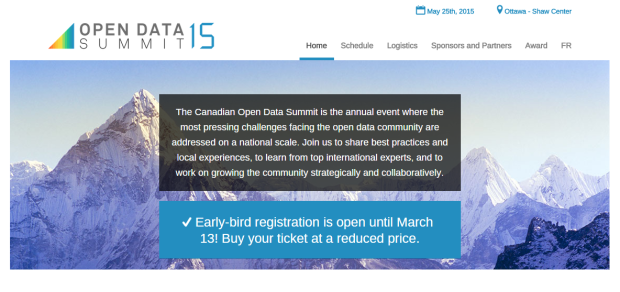Changing technology and the policies that drive it have radically altered the government information landscape in Canada. It’s time to document the context, tools, and techniques used to produce, acquire, organize, preserve, and access government information in Canada. We intend to do this via an edited book with the working title Government Information in Canada and encourage you to contribute to this project.
In the space of ten to twelve chapters, we expect to provide a platform for practitioners to present overviews, comparative studies, research papers, and case studies on these potential topics (note that individual topics may be combined into a single chapter):
- High level historical overview, bridging the gap between Bishop’s 1981 Canadian Official Publications (Oxford) and the present.
- Recent structural changes and current state of major federal systems:
- departmental libraries
- Depository Services Program
- Library and Archives Canada (government collections only)
- Canada’s Open Government Initiative
- Overview of provincial publishing, depository systems, and access structures
- Digital developments
- digitization
- digital curation and preservation
- Communities of Practice
- library associations, conferences, Government Information Day
- advocacy and advisory committees
Please submit a 300 to 500 word abstract about the chapter you wish to submit, noting the proposed title of the chapter and authors, to Sam-Chin Li before April 1st, 2015.
Important dates:
Intent to submit: April 1st, 2015
Notification of Acceptance: June 1st, 2015
Full Chapter Deadline: December 1st, 2015
Review Results to Authors: April 1st, 2016
Revised Chapter Due: June 1st, 2016
Note: publisher to be secured by May, 2015
Web page: https://sites.google.com/a/ualberta.ca/wakaruk/research/cfp2015
Editors:
Amanda Wakaruk
Government Information Librarian
University of Alberta Library
Amanda.wakaruk@ualberta.ca
Sam-chin Li
Government Information Librarian
University of Toronto Libraries
Samchin.li@utoronto.ca



